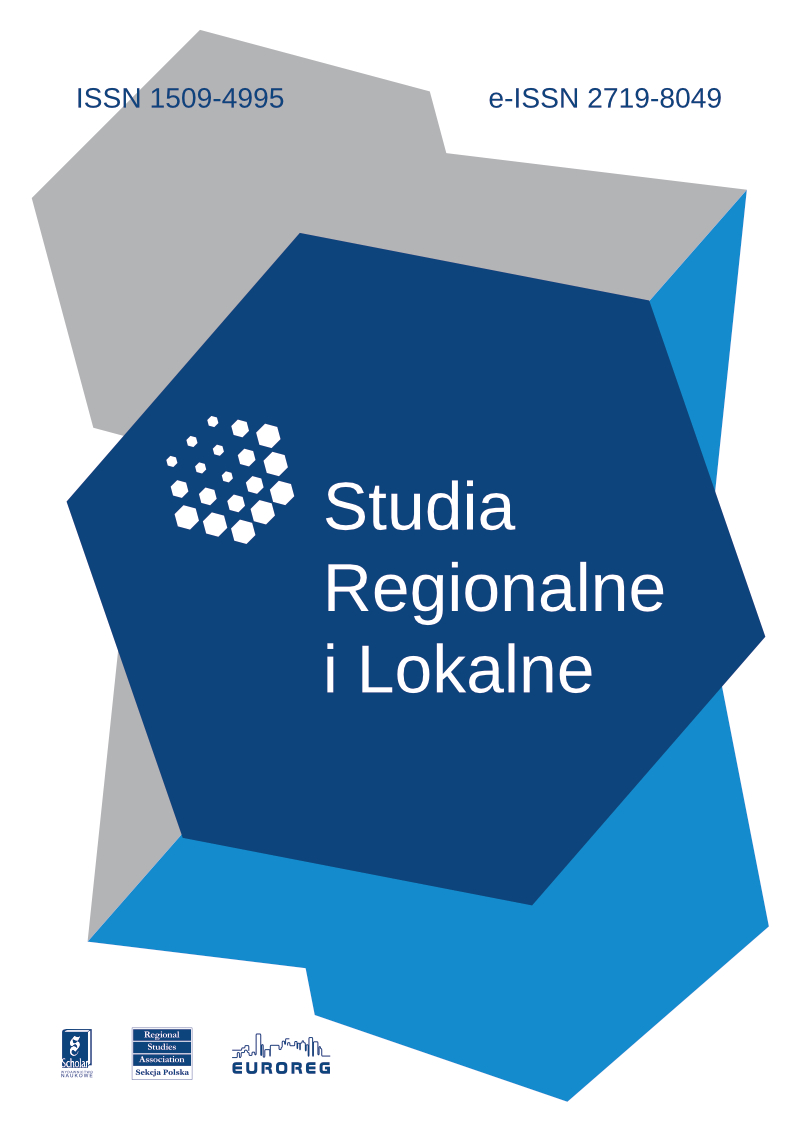Published in
1(27)/2007

- Anna Gąsior-NiemiecFrane Adam, Matej Makarovic, Borut Roncevic i Matevz Tomsic, 2005, The Challenges of Sustained Development. The Role of Socio-Cultural Factors in East-Central Europe, Budapest–New York: Central European University Press, 235 s. (recenzja)[more]
- Grzegorz Gorzelak, Aleksander Bąkowski, Marek Kozak, Agnieszka Olechnicka, współpraca: Adam PłoszajRegional Innovation Strategies in Poland[more]
- Tomasz Grzegorz GrosseTheory and Practice of Development of Peripheral Regions[more]
- Bohdan JałowieckiJurij Andruchowycz, Andrzej Stasiuk, Moja Europa, 2001, Wołowiec: Wydawnictwo "Czarne", 139 s.; Andrzej Stasiuk, 2004, Jadąc do Babadag, Wołowiec: Wydawnictwo "Czarne", 321 s.; idem, Fado, 2006, Wołowiec: Wydawnictwo "Czarne", 168 s. (recenzja)[more]
- Paweł KliberConvergence of Polish Regions – Econometric Analysis Using Panel Methods[more]
- Barbara KocowskaInnovative Profile of Lower Silesia[more]
- Agnieszka Olechnicka, Grzegorz GorzelakInformation Society in the European Space[more]
- Tomasz ZaryckiAn Interdisciplinary Model of the Centre-Periphery Relations. A Theoretical Proposal[more]


